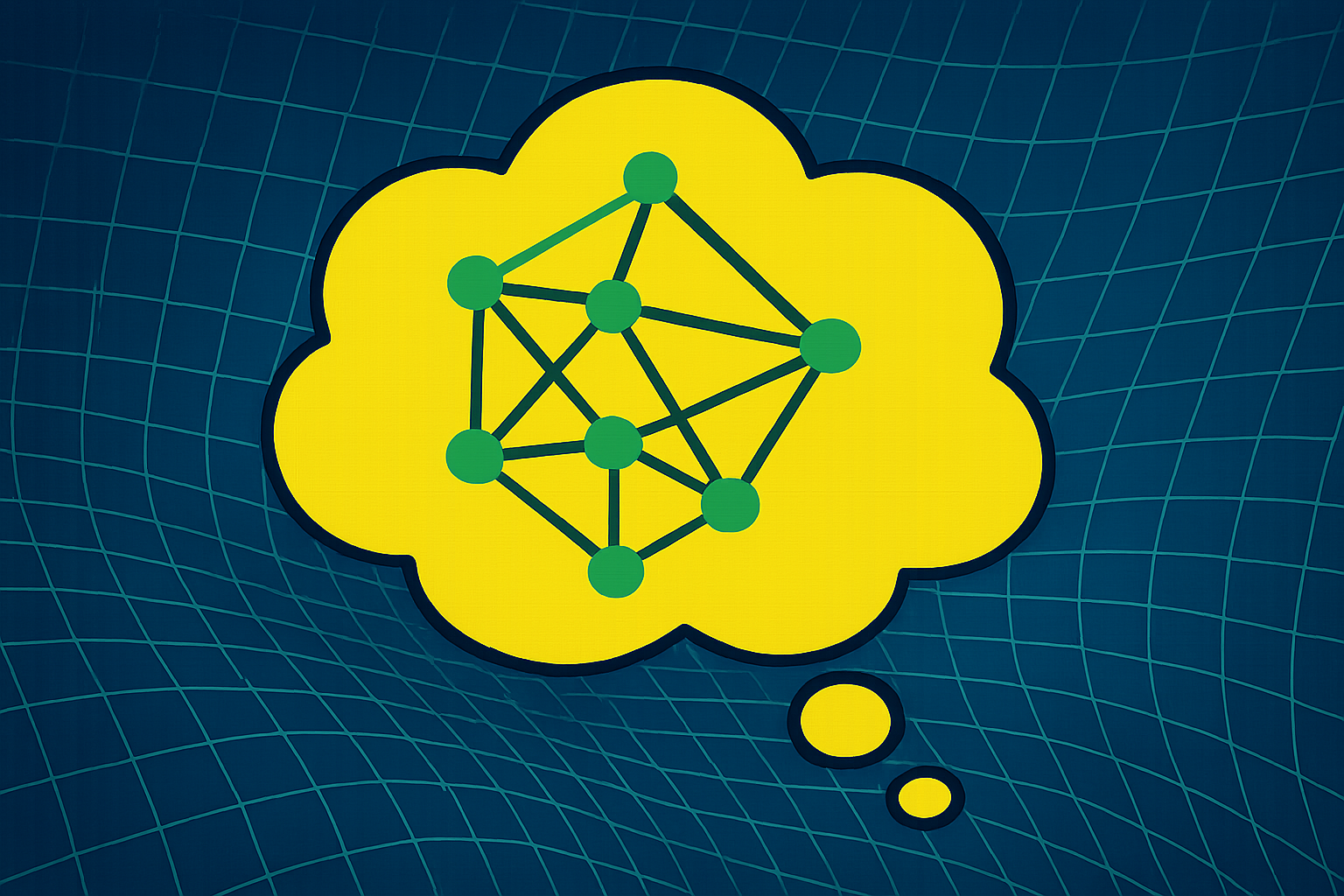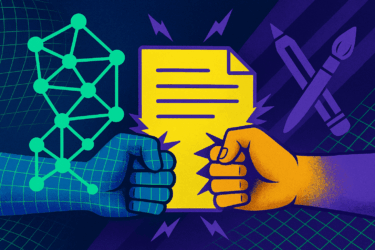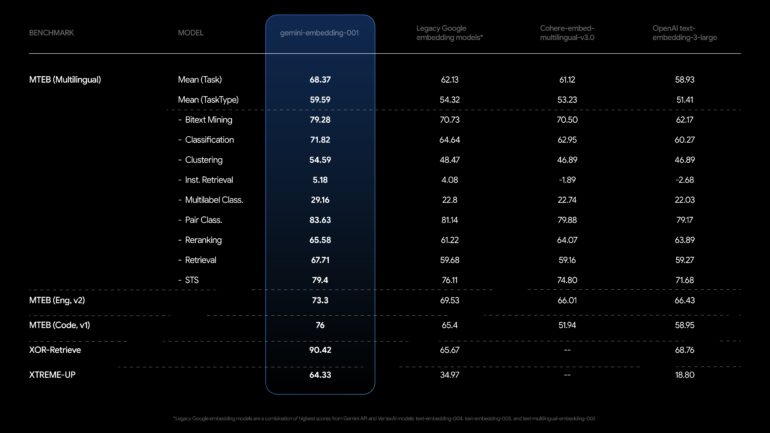Short
Meta will not sign the EU Commission's Code of Practice for General Purpose AI, citing legal uncertainty and stricter requirements than the planned EU AI law. Joel Kaplan, Meta’s Chief Global Affairs Officer, said the code could slow down AI progress in Europe and affect European companies.
"Europe is heading down the wrong path on AI."
Joel Kaplan
OpenAI, by contrast, said last week it will sign the code, viewing it as a workable way to meet EU rules and grow its presence in the region. Google and Anthropic have not stated their positions.
Some European AI companies, including Mistral, recently asked the EU to delay the AI Act for two years, but the Commission declined.











